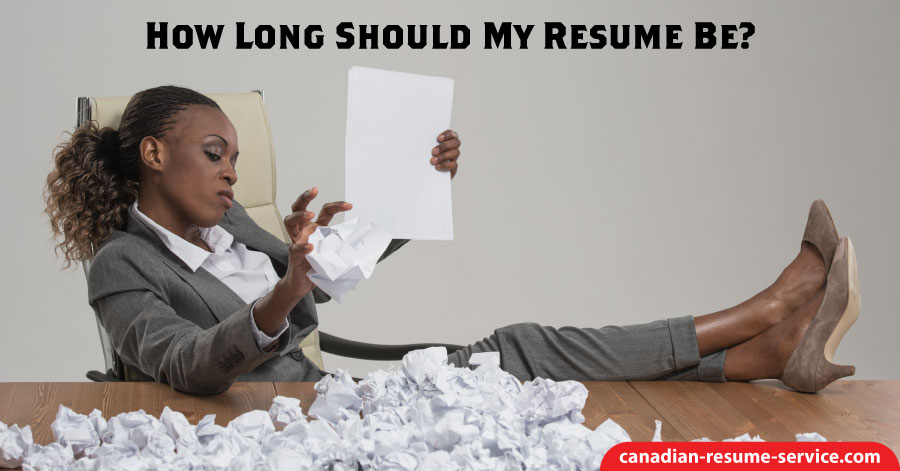Are you a job seeker wondering how long a resume should be?
When developing a resume, people seem to get overly concerned and stuck on this question. Let’s shed a little light on this topic and clear up some confusion.
The One-Page Myth
Have you heard along the way, your resume needs to be no longer than one page? This thought is not necessarily right. Your resume needs to be long enough to provide hiring personnel or recruiters with all the critical information necessary to get your foot in the door for an interview. A resume may need to be one, two, or even three pages.
Recruiters and hiring managers don’t necessarily care about the length of your resume. They care about whether or not it is easily readable, and they can find your relevant information. Unless the job posting specifies the resume length you need to submit, it should reflect the amount of work experience and skills you have.
The Right Resume Length
If you’d like a rule of thumb for the appropriate length for your resume, remember the number of pages has to do with what applies to you. The years of relevant experience will ultimately determine the length of your resume.
If you have less than three years of work experience, the general rule is you should only need one page. For more than four years, you will likely need two pages. If you’ve had a long career or have extra information you need to include, like presentations, grants, and professional development courses, you may need three pages to list it all.
The problem with being stuck on having a one-page resume is that it can hinder your ability to sell yourself. With such a space constraint put on you, you will have little opportunity to list anything other than the ‘what’ of your education, work history, and courses.
A short resume won’t give you the chance to showcase your accomplishments and the things that sell your candidacy.
Use Your Space Wisely
On the flip-side, someone with three years of experience should not include every detail possible to end up with a three-page resume. No employer will want to sift through a lengthy document if the candidate could have condensed it.
When developing your resume, you should consider how important each item you add to the document is to the position you are applying for. If it’s not relevant, consider leaving it off to make room for more essential items.
Ultimately, don’t be overly concerned about the number of pages. It’s better to have a two-page resume that is easily readable and laid out than to have a one-page resume with lots of information jammed into a confined space.
Need additional help? Reach out to Candace to learn more!

